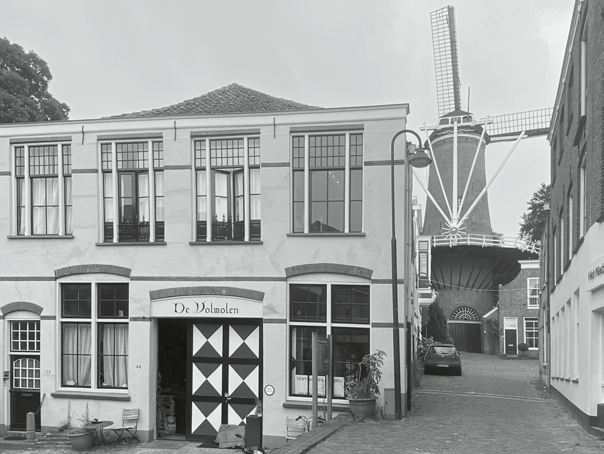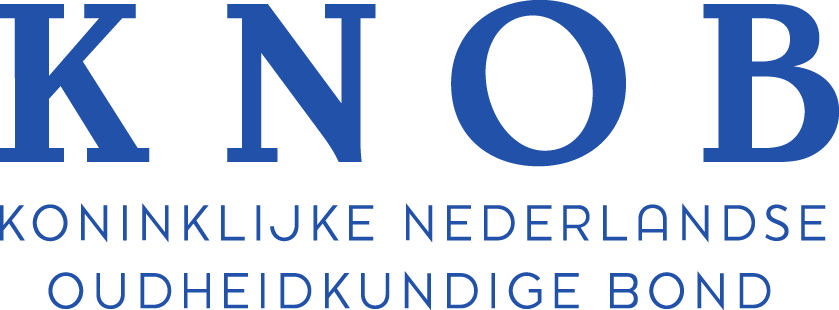Downloads
Abstract
‘You cannot step into the same river twice, for fresh waters are ever flowing in upon you’ is a saying attributed to the Greek philosopher Heraclitus. And like Heraclitus, any study of water systems must acknowledge constant flow as an essential property. Studying the Netherlands from the perspective of water, therefore, means taking constant flow into account. In fact, the polder land of the Netherlands depends on dykes and dams that
facilitate the flow of natural rivers and artificial canals. Maps generally show water as a blue line, which appears static, but in fact it is constantly moving. The analytical maps of the Dutch water system in ‘Water system and urban form in Holland. A survey in maps: 1575, 1680, 1900 and 2015’ aim to overcome the notion of water as a static entity by focusing on flows and connections and by adding arrows that demonstrate the complex system of water drainage and channelling. Such a spatial system - effectively a waterscape - requires careful water management and negotiation among all stakeholders, creating an intricate governance structure, albeit one that is not widely understood or recognised.
How to Cite
Published
Issue
Section
License
Copyright (c) 2021 Carola Hein

This work is licensed under a Creative Commons Attribution 4.0 International License.




